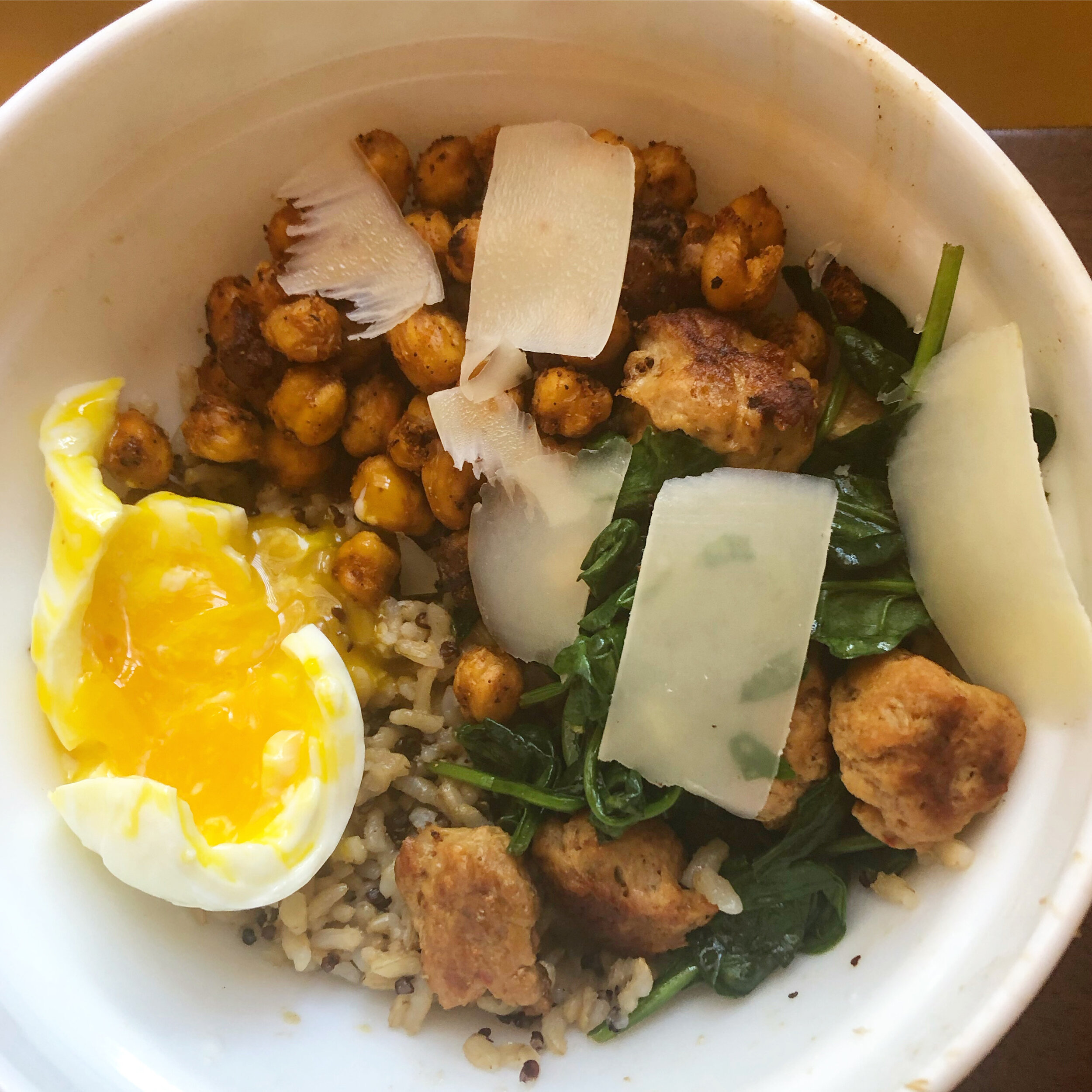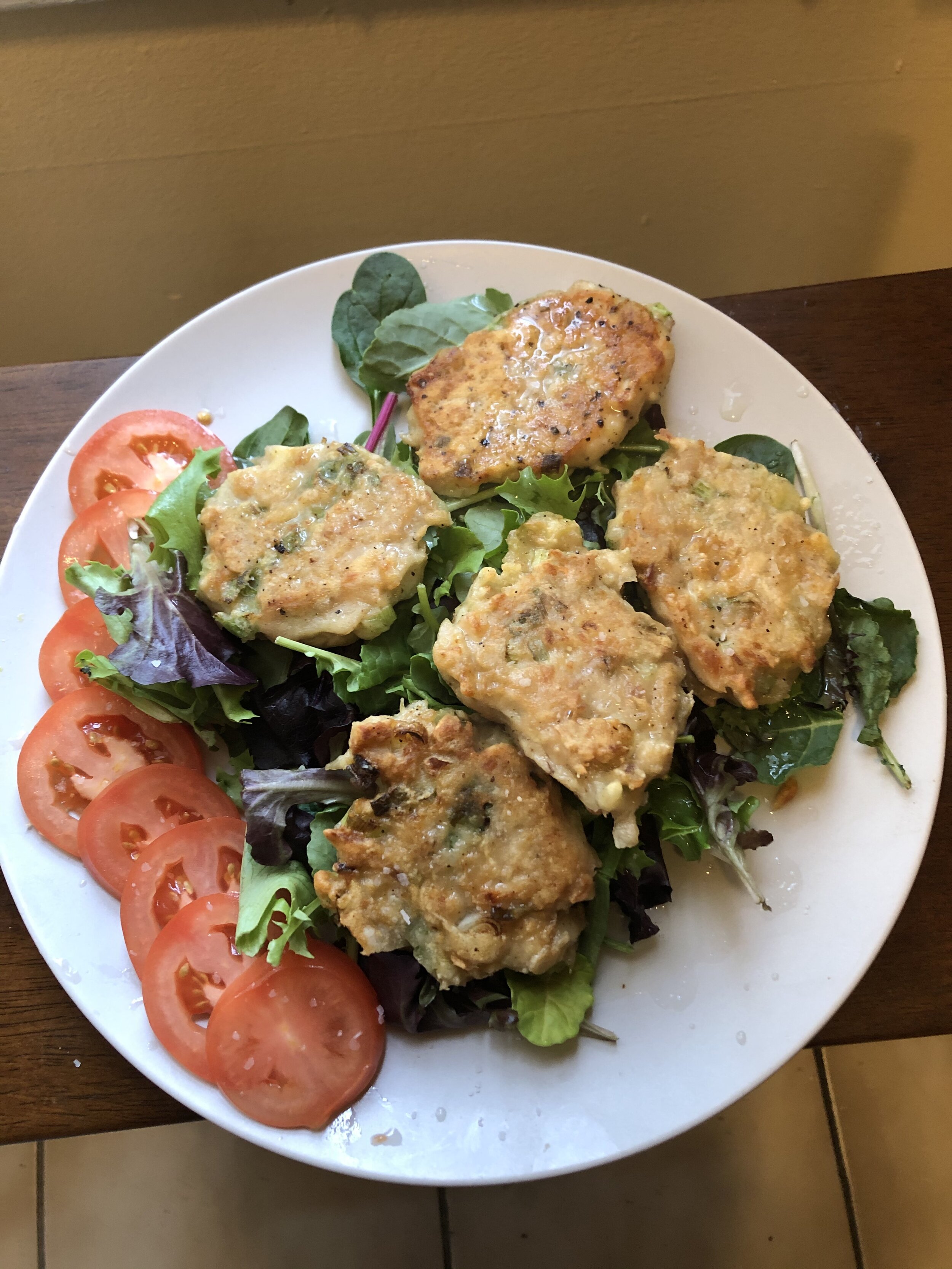J-School 101
Deciding where to go to college and, more importantly, what to major in is kind of a minefield these days. Even with education largely virtual for the foreseeable future, college in the United States is still a hefty investment. The journalism/media/communications industry can also be frustratingly opaque to newcomers, with little sense of what is ultimately “worth it.”
This newsletter/blog post and the next will be all about journalism school. (Don’t worry non-journalism folks, there’ll be much more varied content coming your way.) In this first part, we’ll be chatting about J-school 101 with current and former students and educators who kindly shared their experiences with me.
In the second part, we’ll talk about what to do if you didn’t go to J-school but still want to get into the industry. Plus, what to do if you did go to J-school — with a not-so-insignificant price tag — and have discovered that you don’t want to be a journalist, actually.
If you’re on the fence about whether or not to go to J-school, or you’re currently looking to join the noble ranks of the Fourth Estate, this two-part series will hopefully give you some more insight on what to expect.
Grab yourself a drink, some snacks, and a notebook, and let’s start from the very beginning.
Me, freshman fall semester, wearing as many prints as humanly possible. I also thought bangs were a good idea, for some reason.
First and foremost: What exactly is J-school, anyway, and what do you learn there?
Majoring in journalism is, at its core, learning how information is gathered, disseminated, and digested. The curriculum can vary broadly depending on the specialization courses you end up taking, but the first year will more or less guarantee that you get the basics.
I went to Temple University’s Klein College of Media and Communication for my undergrad. (Check out my first post for more details on that.)
Philly at its best.
My preliminary journalism courses covered: how write a story and all the weird jargon that goes along with it (lede, nut graf, hed, dek; yes these are all real words), the history and business of journalism, news literacy, communication theory, ethics and best practices, and legality. I also learned all the basic skills that journalists of today need, like audio/video recording and editing, research fundamentals, graphic design, and photography.
From there, courses narrow down as you figure out what you want to focus on, i.e. radio, TV/broadcast, news writing, features writing, etc.
So, why choose J-school?
Choosing a major when you’re 17 or 18 is, for a lot of us, pretty daunting when we don’t even know if we still have any clean socks left in the bottom of the drawer. I chose journalism because I liked writing — and also happened to be pretty good at it — but knew that my career options were limited as a creative writer or novelist.
High school senior me, trying to convince people to join the art and literary magazine as editor-in-chief.
This line of thinking is pretty common and while most of the other students I spoke with felt exactly the same way, a few others approached it differently.
Denny Jacob, a current student at the Craig Newmark Graduate School of Journalism, CUNY, decided to pursue J-school to deepen his existing skills.
He gained a year of journalism experience during his undergrad degree before finding an internship that led to a full-time position at a trade publication. However, it didn’t feel like the kind of journalism he’d originally envisioned. To rise to those standards, he enrolled in J-school.
You also might be one of those lucky people like Candice Frederick, a freelance television and film journalist who graduated in 2003, who just knew what she wanted to be when she grew up:
“Quite simply, I majored in journalism because I wanted to become a journalist. That was the only path I knew to become one.”
Once you’ve sent out all your applications, reviewed the financial aid, and have been accepted, congratulations!! You’re a J-school student!
Now that you’re here, how do you get the most out of it?
No shortcuts here: you just have to jump in and get involved. Classes can give you the basics, but it’s truly not the same as hands-on experience.
I joined The Temple News in the first semester of my freshman year and shortly became the crime beat reporter after coming across a just-active crime scene on the way back to my dorm. (This is a whole separate story in itself.)
In my sophomore year, I was on staff as assistant news editor. Those long production Monday nights often ended up looking a lot like this:
News Editor Steve hoovering down an enormous wrap from Pita Chip, our favorite Mediterranean spot.
Managing Editor EJ passed out both on top of and under a stack of newspapers. And also next to a pizza.
Marissa Shiock, a current Minnesota State University Moorhead student, said she “completely blossomed” once she joined the campus news program:
“Sure, I could learn it all in an internship, but school gave me a safe environment to learn and make mistakes before sending things to air. It gave me a sense of timing and learning what to expect in a newsroom. I’m currently interning at a local TV news station and I can honestly say that all of the [on-campus] preparation led me to be able to go to air in my second week of interning.”
+ How to get involved
- Attend events
- Meet journalists who practice in fields that interest you and scholars who study journalism/media/communication
- Do research
- Apply for internships
- Talk with your professors away from class time
- Join student orgs, like the newspaper, radio station, TV station, etc.
- Join orgs and clubs for specific groups of people; women in sports journalism, photojournalism club, NABJ, AAJA, NAHJ, etc.
- Join the professional level orgs, too, and make friends in high places
- Take advantage of your school’s alumni network
- Take classes that are out of your comfort zone
- Make business cards (I made mine through Moo.com) and hand them out like candy
- Build your portfolio whenever and wherever you can
Everything about the world looks pretty different these days and since I haven’t been in school since my graduation in 2017, my biggest question now is:
What does J-school look like in the age of coronavirus?
These folks were kind enough to share their experiences with me:
“I’m now teaching in Tokyo, where the virus is currently less of a threat than back home. Here, we encourage students to find stories and report in socially distant and responsible ways. It’s very difficult. But if you can do this stuff now, it will be easy when the pandemic subsides.”
“Right now, it looks like a lot of time on Zoom, Slack, and Google Docs. There are definitely hiccups with a virtual learning experience but I still feel this was the right choice for my professional growth. It’s challenging since it’s all virtual and you don’t really get to meet your classmates, but it’s fairly easy for me to get the most out of it because I’ve just been committed to being a journalist for the last four years. Virtual or not, I still feel like I’ve learned a ton in a short amount of time.
”
“We had to go completely online last spring and it was really hard as our news program is only offered in the spring. It sucks that so many (like me) lost out on their first experience. Our professors did their best by having us review award-winning work and watching videos of the judging process, but nothing beats just being able to be behind the camera or in the editing bay, learning first hand.”
“I’m currently taking two journalism courses: one virtual for my media design course and an in-person podcast production course. My in-person course utilizes the J-school’s lab with computers placing students two at a table. There are wipes for wiping down our desk area. It’s a one-way traffic, meaning you enter one door and exit a different door. And of course, everyone is wearing a mask. The J-school has given me free access to the Adobe Creative Cloud. I’m also renting a recording kit and an iMac since my personal laptop is not sufficient to complete my assignments. Students are encouraged not to take public transportation when traveling for an interview/recording. We are required to complete a COVID-19 awareness module. We have also reviewed and signed an attestation document.
”
You’ve probably wondered, “Do I need to go to J-school to be a journalist?”
The short answer? No. Especially not if a four-year college or university is prohibitively expensive for you and would saddle you with student debt for the next 10-plus years of your life. Name-brand schools are certainly not everything and you can be successful without a formal degree at all. (If it’s an available option, I also recommend getting your Gen Eds out of the way at a community college, then enrolling in a college/university to finish up your degree.)
If you aren’t majoring in journalism, you can still join student-run media to gain practical experience and skills and to build your portfolio. You can also study the fundamentals on your own time and reach out to current journalists for guidance. J-school just provides structure for that knowledge and greater access to resources.
That being said, I believe J-school can still give you an undeniable leg up. In my experience, being a journalism major opened me up to internship opportunities, a vast network of invaluable peers, colleagues, and connections, and an appreciation for the history, ethics, and craft behind the profession.
My first internship with Technically Philly.
Ultimately, is J-School worth it?
A meal-prepped lunch I was very proud of and The Temple News’ first issue of the 2016-17 school year.
If you’re starting from square one and you’re obsessed with becoming a journalist, J-school will likely be a place where you come into your own. It will help you build a portfolio, teach you multi-use skills, and hone that notorious tireless work ethic. Your degree will also lend credibility to your name in your early career and has the potential to open doors via connections and job opportunities — especially if you’re a woman and/or a person of color.
I believe that journalism is a public service and media literacy across the board is necessary for a well-informed, healthy society. And, J-School or not, we still need journalists.
“We live in an age when information is under attack and being used for political purposes. The industry is hurting, with longstanding principles crumbling. The audience doesn’t know what information can be trusted anymore. We need to restore faith in journalism, as journalism is the bedrock of democracy. We need intelligent, street-smart people to develop positive journalistic habits so that they can go out and better serve society. Selfishly, I want the best and brightest students to be journalism majors. I hope they can rebuild faith in factual information.”
I started a Ko-Fi page!
Check it out if you’ve gotten value out of this blog/newsletter and want to provide me with some caffeine to keep this whole thing running.
More reading
J-School is a SCAM by Hamilton Nolan
Until journalism is a real meritocracy, J-School is a necessary evil for minorities by Rachelle Hampton
Do we need J-Schools? by Columbia Journalism Review
VOTE
Make a day-of plan
Bonus, just because:
Here’s a spooky vibes playlist for a cozy Halloween night in.
What I’ve been cooking:











